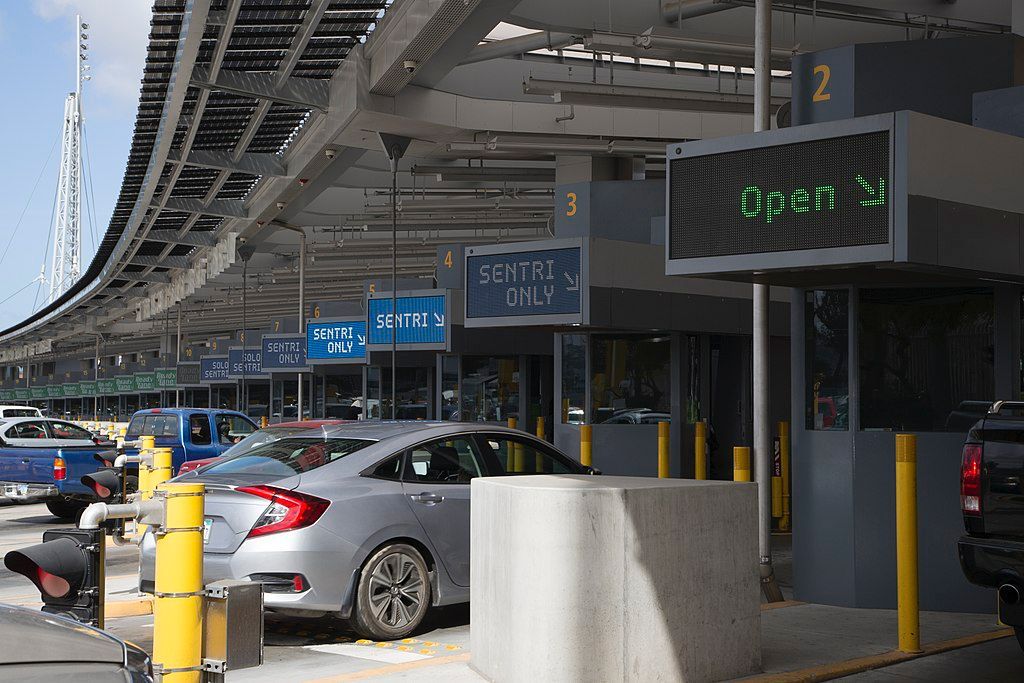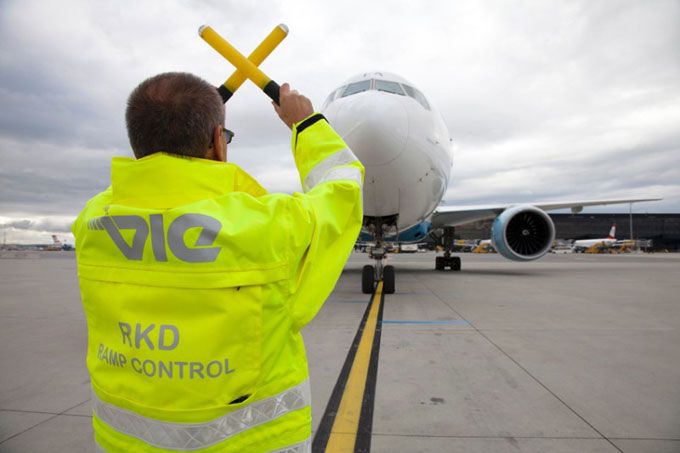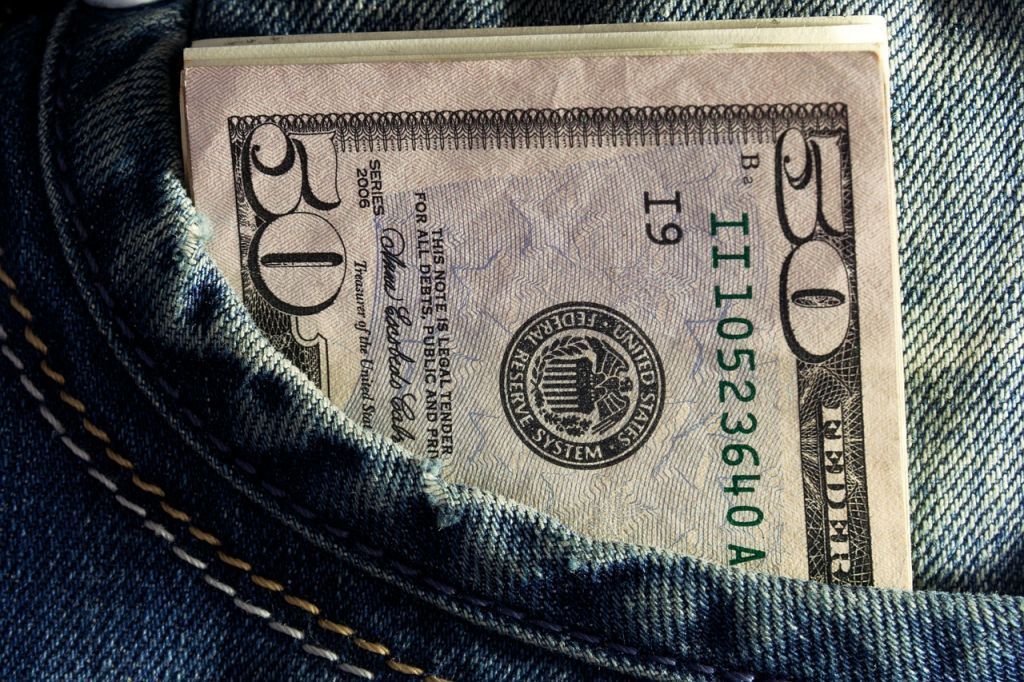Travel’s economic footprint in the United States shrank a staggering 42% last year, from $2.6 trillion to $1.5 trillion, according to new end-of-year totals prepared for the U.S. Travel Association by the research firm Tourism Economics.
The employment devastation was similarly massive: travel-supported jobs fell by 5.6 million in 2020 (16.7 million to 11.1 million)—a whopping 65% of all American jobs lost to the economic fallout of the pandemic. Travel and tourism had supported employment for 11% of the U.S. workforce prior to the onset of COVID.
The new data on travel’s dramatic losses arrives as hundreds of industry leaders from across the country meet virtually today with members of Congress for Destination Capitol Hill, the U.S. Travel Association’s annual legislative fly-in.
“While the gradual progress of vaccinations has provided hope that a turnaround may be on the horizon, it is still unclear when travel demand will be able to fully rebound on its own,” said U.S. Travel Association President and CEO Roger Dow.
“With the travel industry suffering such a disproportionate share of losses, policymakers need to understand that a nationwide economic recovery effectively hinges on a travel recovery.”
On Wednesday, nearly 300 virtual meetings between industry leaders and members of Congress will focus on measures to:
- Provide relief for travel industry businesses
- Advance stimulus measures to drive travel demand
- Position the U.S. to welcome back international travel
- Safely restore business travel, meetings and events
These policy priorities follow a year of intense efforts to secure crucial emergency relief for all sectors of travel—without which many of the sector’s job losses may become permanent.
“The latest round of relief was helpful to our industry, but there are a number of important steps that still must be taken, especially extending the deadline for the Paycheck Protection Program and passing the key package of tax incentives in the Hospitality and Commerce Job Recovery Act,” said U.S. Travel Association Executive Vice President of Public Affairs and Policy Tori Emerson Barnes.
“The PPP is set to expire in just two weeks, yet the economic effects of the pandemic will continue to harm the industry far beyond that point.”













